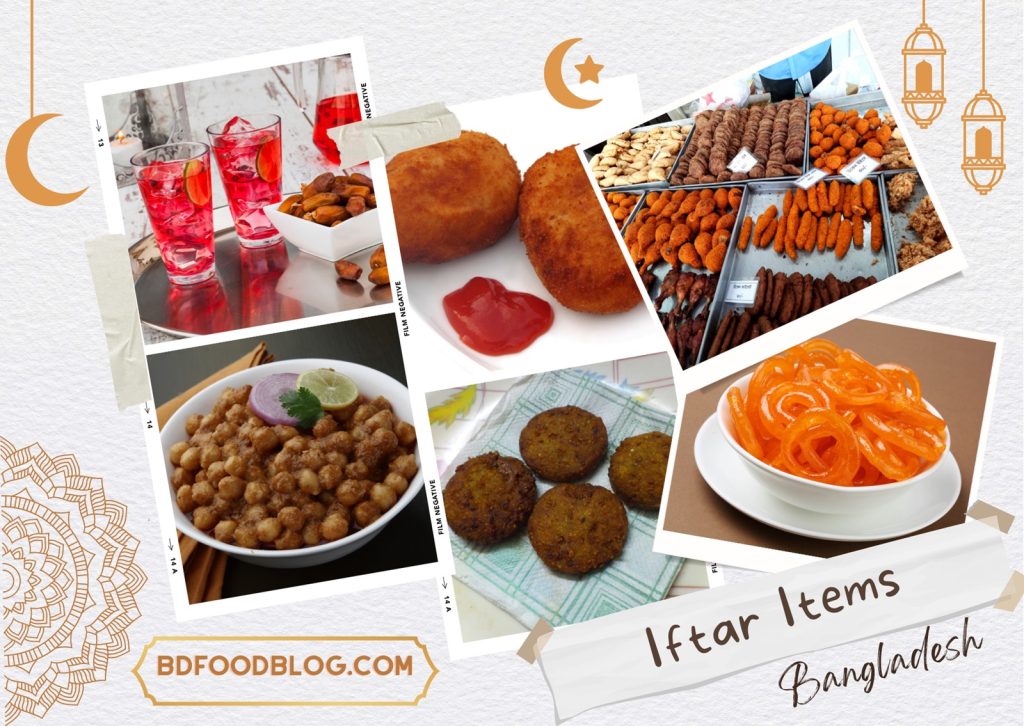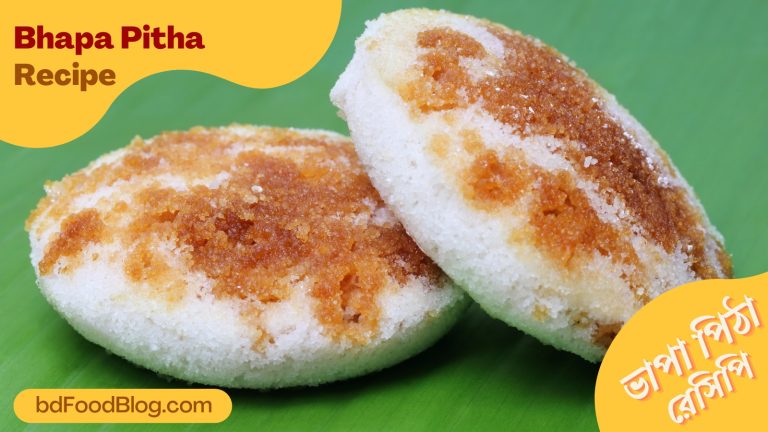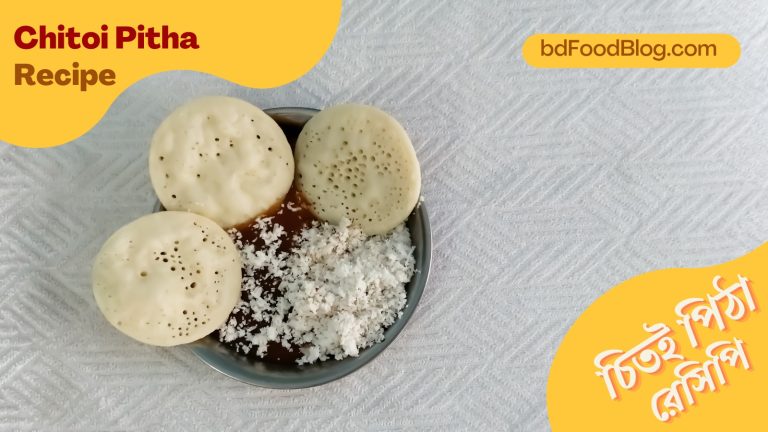Popular Iftar Items in Bangladesh: A Feast of Tradition and Taste
Last Updated on March 25, 2024
Popular Iftar Items in Bangladesh
Ramadan, the holy month of fasting, is observed with great reverence in Bangladesh, a country known for its rich cultural heritage and culinary diversity. Iftar, the meal to break the fast, is a time of joy and celebration, bringing together families and communities. The iftar table in Bangladesh is a vibrant display of traditional dishes, each with its unique flavors and histories. This article delves into the popular iftar items that make Bangladeshi Ramadan uniquely flavorful, exploring the essence of this festive meal and its significance in Bangladeshi culture.
Significance of Iftar in Bangladeshi Culture
In Bangladesh, iftar transcends mere dining; it is a deeply cultural and spiritual event that binds the community. The preparation and consumption of iftar are imbued with the spirit of sharing and gratitude, reflecting the core values of Ramadan. Families gather to break their fast together, sharing not just food but also compassion and camaraderie. Mosques and community centers often organize large iftar gatherings, further solidifying the bonds of community and faith. This communal aspect of iftar highlights the unity and generosity intrinsic to Bangladeshi society during Ramadan.

Popular Iftar Items in Bangladesh
Jilapi (Jalebi)
Jilapi, known worldwide as Jalebi, holds a special place in the hearts of Bangladeshi people. This crispy, sweet spiral is made by deep-frying a fermented batter and then soaking it in sugar syrup. The crunchiness of its exterior paired with the sweetness of the syrup makes Jilapi an irresistible start to iftar.
Piyaju and Beguni
No iftar in Bangladesh is complete without Piyaju and Beguni, the quintessential lentil and eggplant fritters. Piyaju, made from a batter of blended lentils and spices, and Beguni, slices of eggplant coated in a gram flour batter and deep-fried, are beloved for their crisp textures and spicy flavors.
Chola (Chickpeas)
Chola, a spiced chickpea dish, offers a nutritious and filling option for iftar. Cooked with a blend of spices, tomatoes, and onions, this dish is often served with a sprinkle of fresh green chilies and chopped onions, offering a burst of flavors that awaken the palate.
Haleem
Haleem is a rich and hearty stew that combines meat, lentils, and wheat into a thick, savory dish. Slow-cooked for hours and seasoned with a blend of aromatic spices, Haleem is both nourishing and deeply satisfying, perfect for replenishing energy after a day of fasting.
Fruit Chaat
Fruit Chaat brings a refreshing and healthy twist to the iftar table. A mix of seasonal fruits, dressed with spices and a hint of lime juice, this dish is light on the stomach and provides a sweet and tangy start to the meal.
Dates and Water
Breaking the fast with dates and water is not only a traditional practice but also one with religious significance. Dates provide a quick energy boost, while water helps rehydrate the body, following the Prophetic tradition.
Rooh Afza
This sweet, fragrant syrup made from fruits, herbs, and flowers, mixed with water or milk, is a popular iftar drink in Bangladesh. Rooh Afza helps to cool the body and refresh the spirit, making it a much-loved iftar staple.
Puffed Rice with Spices (Muri) and Mixed Bharta
A lighter iftar item, Muri, or puffed rice, is often served with mixed bharta—mashed vegetables or fish mixed with spices. This combination is cherished for its simplicity and the balance of flavors it brings to the palate.
Shami Kabab
Shami Kabab, made from minced meat mixed with lentils and spices, then shaped into patties and fried, adds a rich and savory element to the iftar meal. It’s a protein-packed dish that satisfies the taste buds and the stomach.
Lachhi
Lachhi, a creamy and refreshing yogurt-based drink, is akin to a richer version of lassi. Made by blending yogurt with water, sugar, and a touch of cardamom, this drink is then frothed to perfection and served chilled. It’s a popular choice for iftar as it helps to quench thirst and cool the body, providing a soothing start to the meal after a day of fasting.
Doi Bora
Doi Bora is a delightful and savory yogurt snack, consisting of deep-fried lentil dumplings soaked in sweet, spiced yogurt. Garnished with tamarind sauce, chili powder, and chopped cilantro, this dish offers a perfect balance of tangy, spicy, and sweet flavors, making it a favorite among iftar items for its refreshing taste and light texture.
Jorda
Jorda, or Zarda, is a sweet and aromatic rice dish, characterized by its vibrant yellow color. Made with basmati rice, infused with saffron or food coloring, and sweetened with sugar, Jorda is enriched with a mixture of spices, nuts, and dried fruits. This dessert not only adds a festive touch to the iftar table but also offers a delectable sweet treat to end the meal.
Mutton Leg Roast
A showstopper at any iftar feast, the Mutton Leg Roast is marinated in a rich blend of spices, yogurt, and ginger-garlic paste, then slow-roasted to tender perfection. The succulent meat, infused with flavors and falling off the bone, serves as a luxurious and satisfying main dish, embodying the spirit of celebration that Ramadan brings.
Enhancing the Iftar Experience
These additional dishes further illustrate the richness of Bangladeshi cuisine and its iftar traditions. The variety of flavors, from the spicy and tangy to the sweet and savory, ensures that the iftar meal is a comprehensive culinary experience. Preparing and sharing these dishes during Ramadan not only satisfies hunger but also fosters a sense of community and celebration among family and friends.
By incorporating a blend of traditional and beloved items, the iftar meal in Bangladesh becomes a reflection of the country’s culinary heritage and communal spirit, inviting everyone to partake in the joy and blessings of Ramadan.
Preparing an Iftar Meal in Bangladesh
The preparation of the iftar meal in Bangladesh is a communal activity that enhances the spirit of sharing and togetherness. The joy of cooking together and the anticipation of sharing a meal after a day of fasting add to the festive atmosphere of Ramadan.
The iftar meal in Bangladesh is a celebration of taste, tradition, and togetherness. From the sweet spirals of Jilapi to the hearty bowls of Haleem, each dish offers a glimpse into the rich culinary heritage of Bangladesh. As families gather to break their fast, these dishes not only nourish the body but also strengthen the bonds of community and faith, embodying the true spirit of Ramadan.
This journey through Bangladesh’s iftar cuisine showcases the diversity and richness of its culinary traditions, inviting readers to explore and appreciate the flavors that make Ramadan in Bangladesh uniquely memorable.

